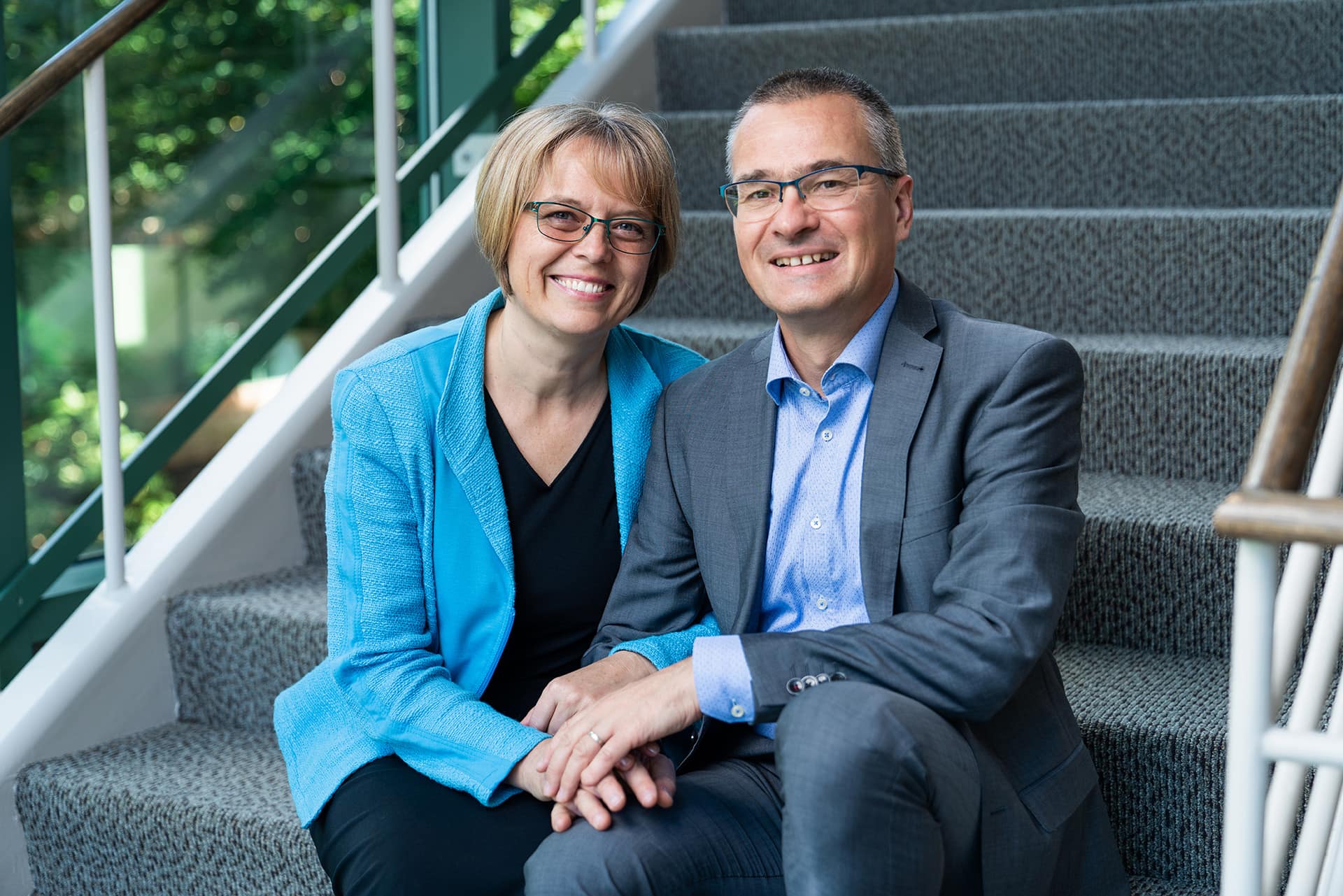
When the ground underfoot moves, shakes, and even splits open, it is impossible to ignore and carry on as if nothing has happened. Underneath the ground tectonic plates are clashing. For humans our unseen, deep-seated, often even unconscious values are our tectonic plates. They help us formulate ideas, which then translate into action, and—if repeated enough—can become habits that shape our lives. Values play core roles in our lives.
Transitions can serve as our earthquake moments to help us examine our values. Living in a new culture, meeting new people, speaking a different language, and experiencing new life rhythms can help us step back for a moment and reflect. Reflection is healthy and part of personal growth and a core Adventist value. It’s not a sellout or a large-scale surrender of what has worked in the past, but a conscious, careful, and thoughtful process that leads to growth.
That’s a long intro for a short column. The year 2023 was one of many changes for us, and reflection about our values played a significant role. Moving from an East Coast neighborhood in suburban Maryland to a small town outside of Hamburg meant more than a geographical change. We sold a large home and moved into a three-bedroom apartment—space is more costly and less available in Germany. Hospitality has always been high on our value list, and we had to rethink how that could be done in a smaller place. The good news is that we still have enough sleeping spaces to accommodate a large family—albeit space has become more limited.
We also realized that after 14 years in one place and the development of a large network of relationships and friendships in our neighborhood, our home church, and at work, we had to start from close to zero. Small towns around the world are notoriously suspicious of outsiders. We started to make friends with neighbors and looked for opportunities to connect with people. We joined a nondenominational Bible study and began volunteering at a Red Cross care center. We realize that developing these relationships will require investments—of time, energy, trust, and vulnerability. The value of a caring community and deep friendships needs to be nurtured when we experience transitions, but the outcome is worth the investment.
In this move we again realized our need to be lovingly accepted, but we also recognized that we, too, are often quick to jump to conclusions, and apply labels to people. For example, what do we make of someone with a large body tattoo working enthusiastically in a children’s Sabbath School? We are realizing that loving acceptance—the caring kind exemplified by Jesus—does not pull back, jump to conclusions, or put people into neatly labeled boxes.
Transitions are full of new people and fresh, unexpected situations that quickly unmask our prejudices and biases. Our deepest core values need to be anchored in the acceptance that we have received from Jesus—and that we are willing to give to others. While transition can feel like an earthquake, it offers us opportunities to uncover and examine our deepest values—and align them with God’s. That is something we all shouldn’t wait for an earthquake to do.